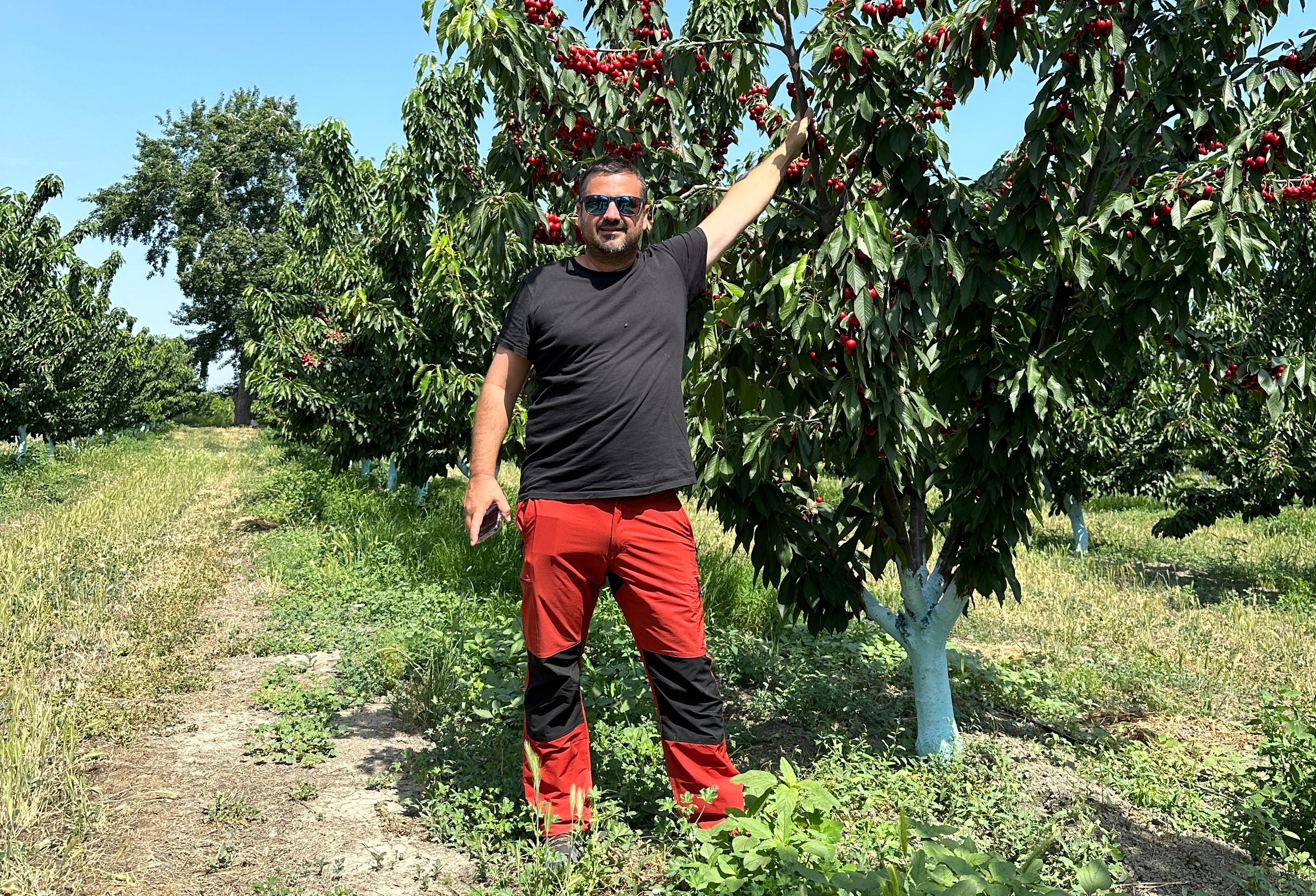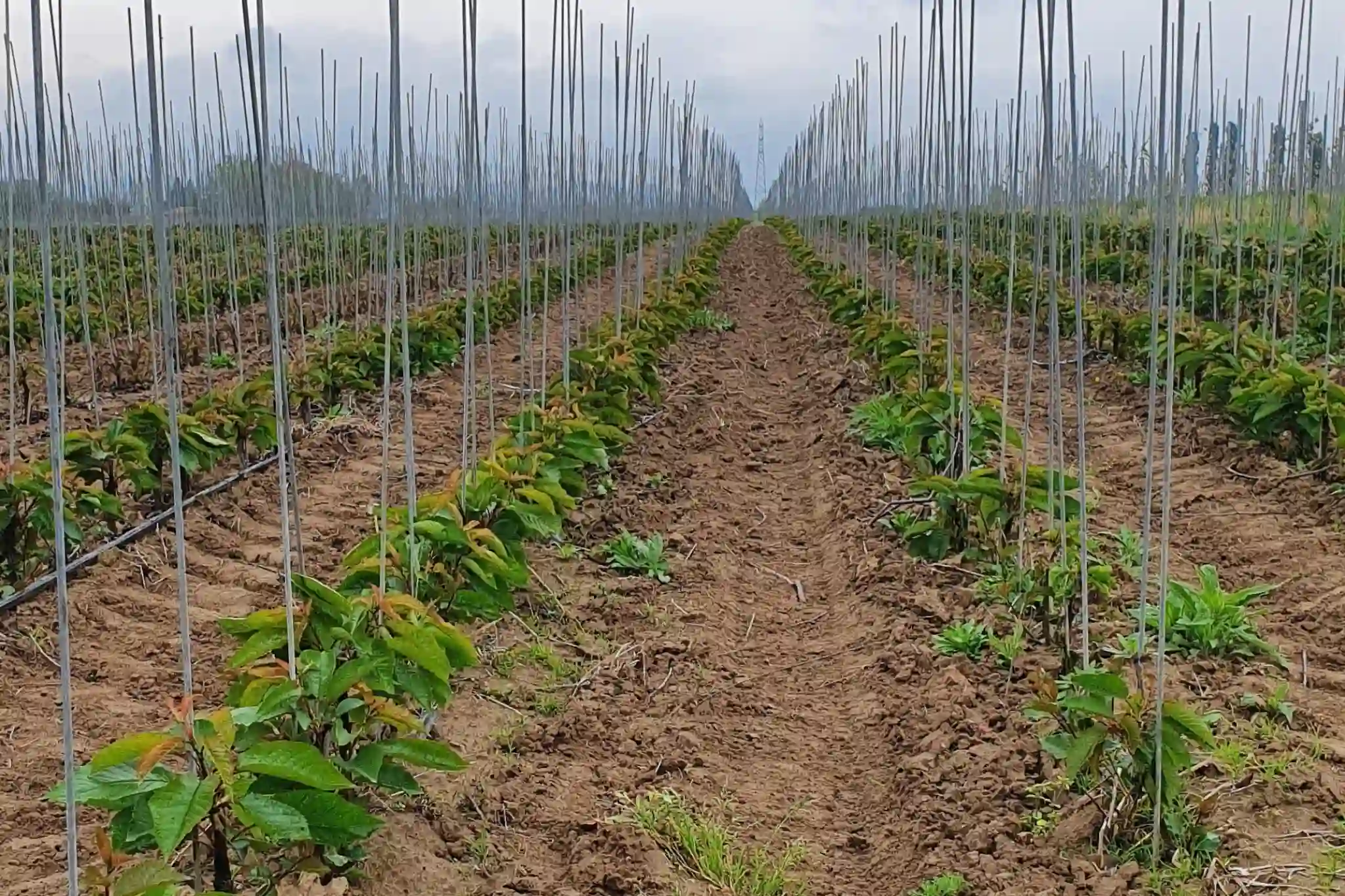64-year-old Doug White, a third-generation farmer in northwestern Lower Michigan, made a difficult decision. His farm, once dotted with cherry trees positioned like soldiers in the fields, now presented desolate empty spaces. White, visibly concerned, expressed his feeling of guilt over this difficult decision, looking out onto the veranda of his house.
The situation in the cherry industry has been a struggle for White and many other growers. In north-western Lower Michigan, 70-75% of US cherry production is grown, mainly in areas such as northeast of Traverse City. In 2022, Michigan produced 180 million pounds of cherries, but this year's crop is estimated at 120.5 million pounds, marking a contraction in the industry.
The main problems faced by farmers include the low prices received for cherries, which fell from an average of 35.4 cents per pound 20 years ago to about 20 cents this year. This situation will persist from 2017 to 2021, with production costs estimated at between 40 and 44 cents per pound. Doug White, together with his brothers, had been running the cow, cherry and apple farm, but the situation prompted him to take drastic measures.
White decided to divide some of his land into five-acre lots and rent them out to the Traverse City Horse Show (TCHS), a growing equestrian event that has had a significant impact on the region, awarding over $7 million in prizes and generating an economic impact of $128.4 million.
Competition with cheap imports, especially from Turkey, exacerbated the situation. A federal marketing order created in 1997 to stabilise cherry prices proved ineffective when imports from Turkey, the world leader in cherry production, flooded the US market with subsidised products.
Efforts by Michigan growers and processors in 2019 to file a petition against Turkey for dumping practices were unsuccessful. Despite a preliminary tariff applied by the Department of Commerce, the ITC overturned the decision in 2020, causing disappointment among growers.
Weather problems, including mild winters followed by deadly frosts, have affected the production of cherries and other fresh fruit in Michigan. Harvest losses over the past 20 years have been frequent, threatening an industry that generates over $485 million annually. Michigan State University Extension expert Nikki Rothwell pointed out that Michigan cherries have become a symbol of climate change, with abnormal weather affecting production.
Crop insurance, established in 2014, provides some relief, but with continued losses, the basis on which it is based takes a hit. White, contemplating his retirement, will sell part of his land, keeping 4 hectares to grow pumpkins and offer children the opportunity to pick them for free.
White's conclusion is pessimistic about the future of the cherry industry, highlighting the lack of support and the difficulty of competing with subsidised imports. His experience reflects the challenges faced by many growers in a shrinking and concentrated industry.
Source: Farm Progress
Image: Farm Progress
Cherry Times - All rights reserved










